Listen on your favorite app
OVERSHOOT | Shrink Toward Abundance
OVERSHOOT tackles today’s social and ecological crises driven by our excessive population and consumption and explores the paradigm shifts needed to bring our human footprint into balance with all life on Earth. With expert guests, hosts Nandita Bajaj and Alan Ware examine the drivers of overshoot: from the pronatalism fueling overpopulation, to economies based on consumerism and social injustice, to the worldview of human supremacy that exploits animals and nature. Our vision of shrinking toward abundance offers transformative pathways beyond technological fixes, toward interconnectedness with all beings. With a global rank of 1.5%, we draw listeners from across 150 countries.
Read our Listener Feedback. | Support this podcast. | Subscribe to our newsletter.
New to our podcast?
There are over 90 episodes of OVERSHOOT. If you are new to the podcast and looking for a good place to start, we recommend you listen to these episodes first.
Episodes
Choose categories in the search element below to search for podcast episodes with those topics.

The Dangers of Effective Altruism
Effective altruism’s technocratic worldview narrows our moral imagination and helps sustain human and animal injustice. Philosopher Alice Crary argues that effective altruism (EA) and longtermism, both shaped by Silicon Valley’s techno-utopian fantasies, ignore social structures of oppression and offer either incremental welfarism or galactic transhumanism over genuine animal and human liberation.
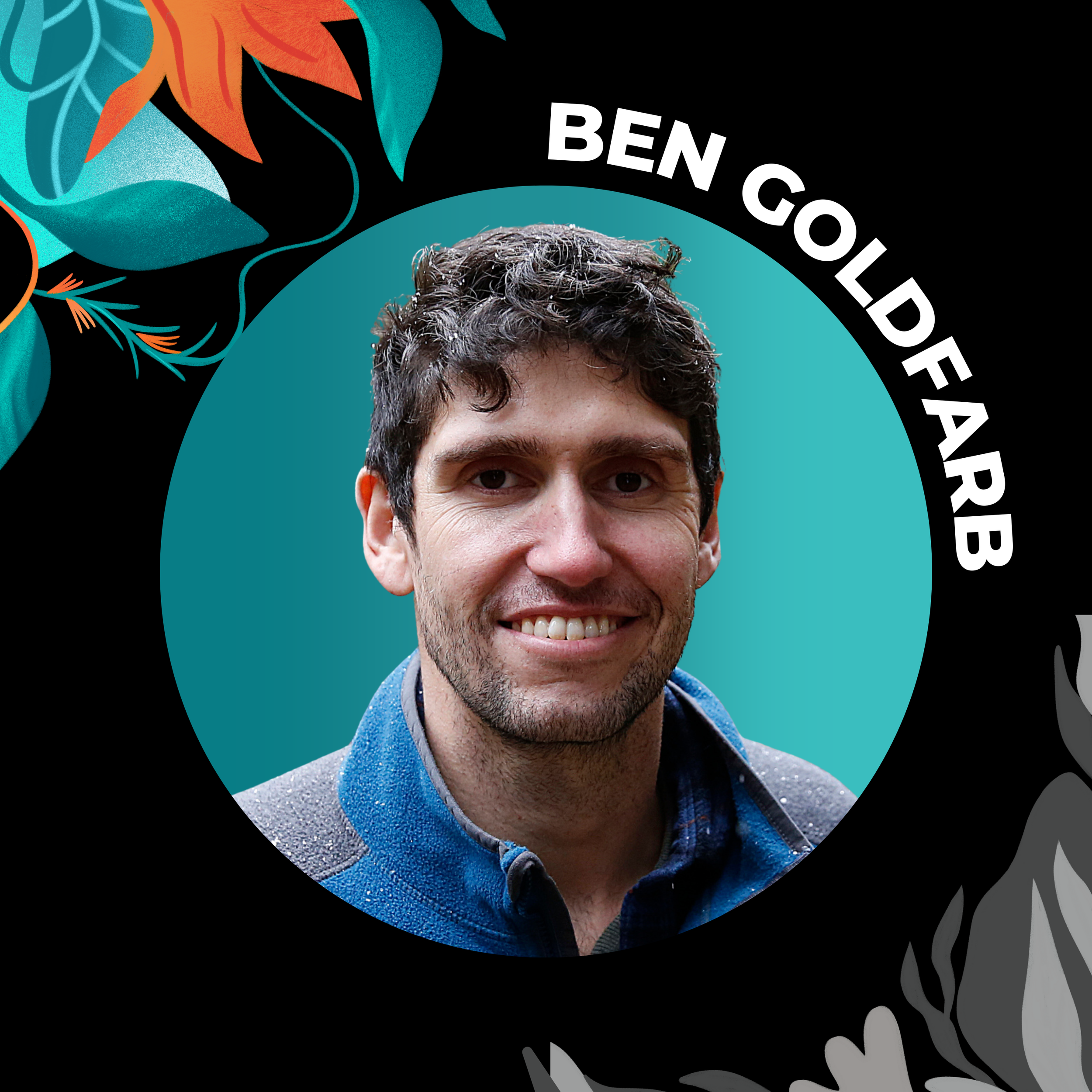
An “Abundance Agenda” for Nature
We need an “abundance agenda” for nature. Ben Goldfarb, environmental journalist and author, challenges the techno-fix growth agenda that delivers an abundance of concrete and condos and a scarcity of wildness and wildlife. He urges us to replace extinction-prevention minimalism with a bolder commitment to restoring the abundance of keystone species, thriving ecosystems, and the freedom of wildlife to roam, migrate, and flourish.
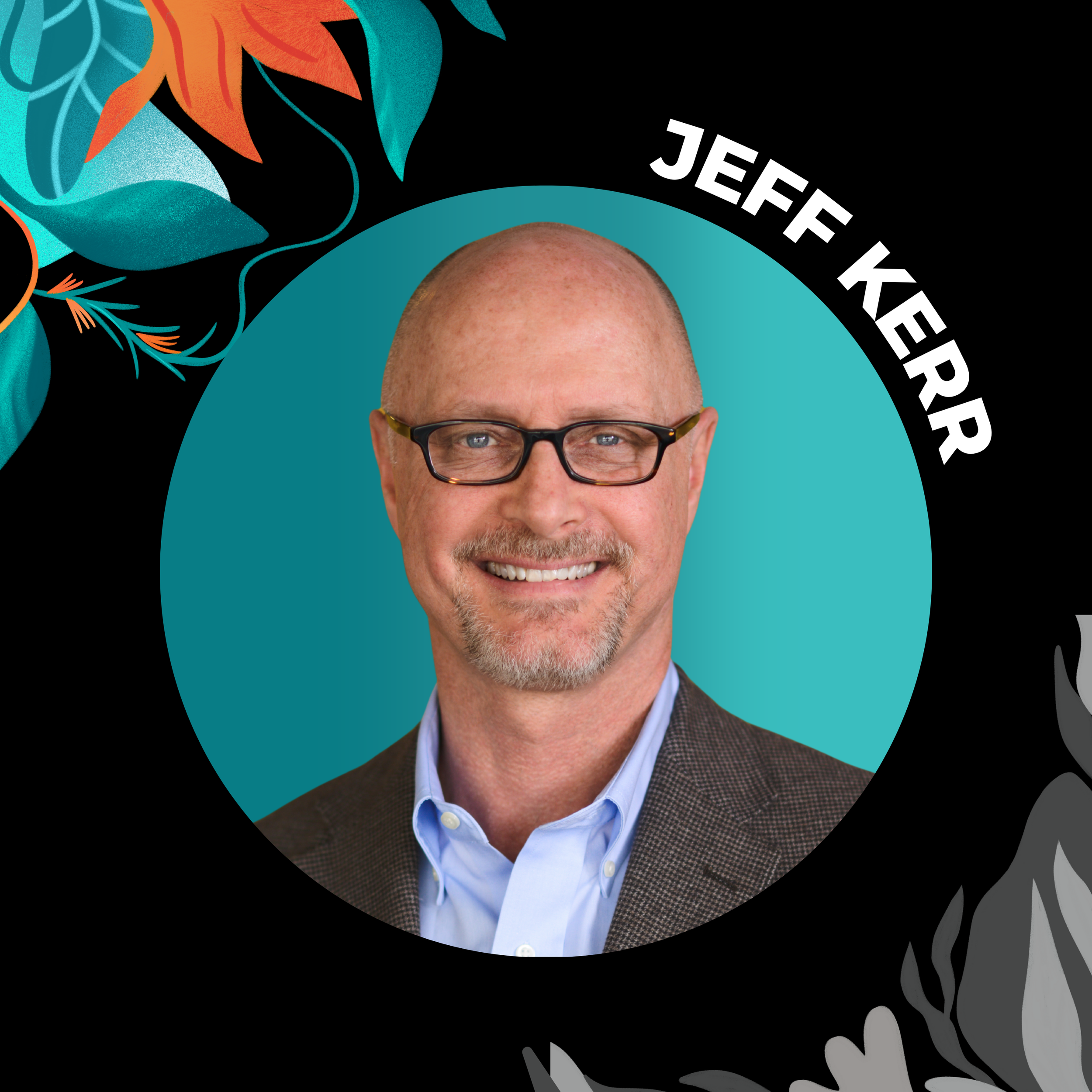
Leading the Legal Fight for Animals
Animal rights are the next frontier of civil rights. Jeff Kerr, PETA’s longtime Chief Legal Officer, leads the organization’s bold, precedent-setting legal strategy. From the “monkey selfie” case to freeing animals from experimentation and exploitative entertainment to exposing agribusiness humane-washing, Jeff fights to secure legal recognition of animals as beings with inviolable rights.

The Rise of One-Child Families
The one-child family is becoming the fastest-growing family size in many countries. Social psychologist Susan Newman, author of Just One, shares the abundant research challenging long-held myths that only children are lonely, selfish, or spoiled, and why the growing popularity of one-child families reflects greater parental and child satisfaction and ecological awareness.

Capitalism’s War Against Animals
A global war against animals is driven by capitalist exploitation and profit. Dinesh Wadiwel, author of Animals and Capital and The War Against Animals, shows how capitalism treats animals as commodities, raw materials, and self-reproducing labor. He advocates for an anti-capitalist animal politics that builds alliances with social justice movements to advance both animal and human justice.

Humachines, Big Tech, and Our Future
A dystopian fusion of human and machine is being pushed on us by a big tech elite. Michael D.B. Harvey, author of The Age of Humachines: Big Tech and the Battle for Humanity's Future, warns of the 'humachinator' worldview that weds unrestrained technology and capitalism - and what we might do to reclaim a future rooted in democracy and ecological balance.

Radical Alternatives to “Progress”
Across India and around the world, communities are resisting destruction and reclaiming their right to shape their own futures. Shrishtee Bajpai, researcher and activist with the Global Tapestry of Alternatives, reveals how local struggles for self-determination connect across cultures and what is being done to weave a 'pluriverse' of possibilities rooted in social and ecological justice.
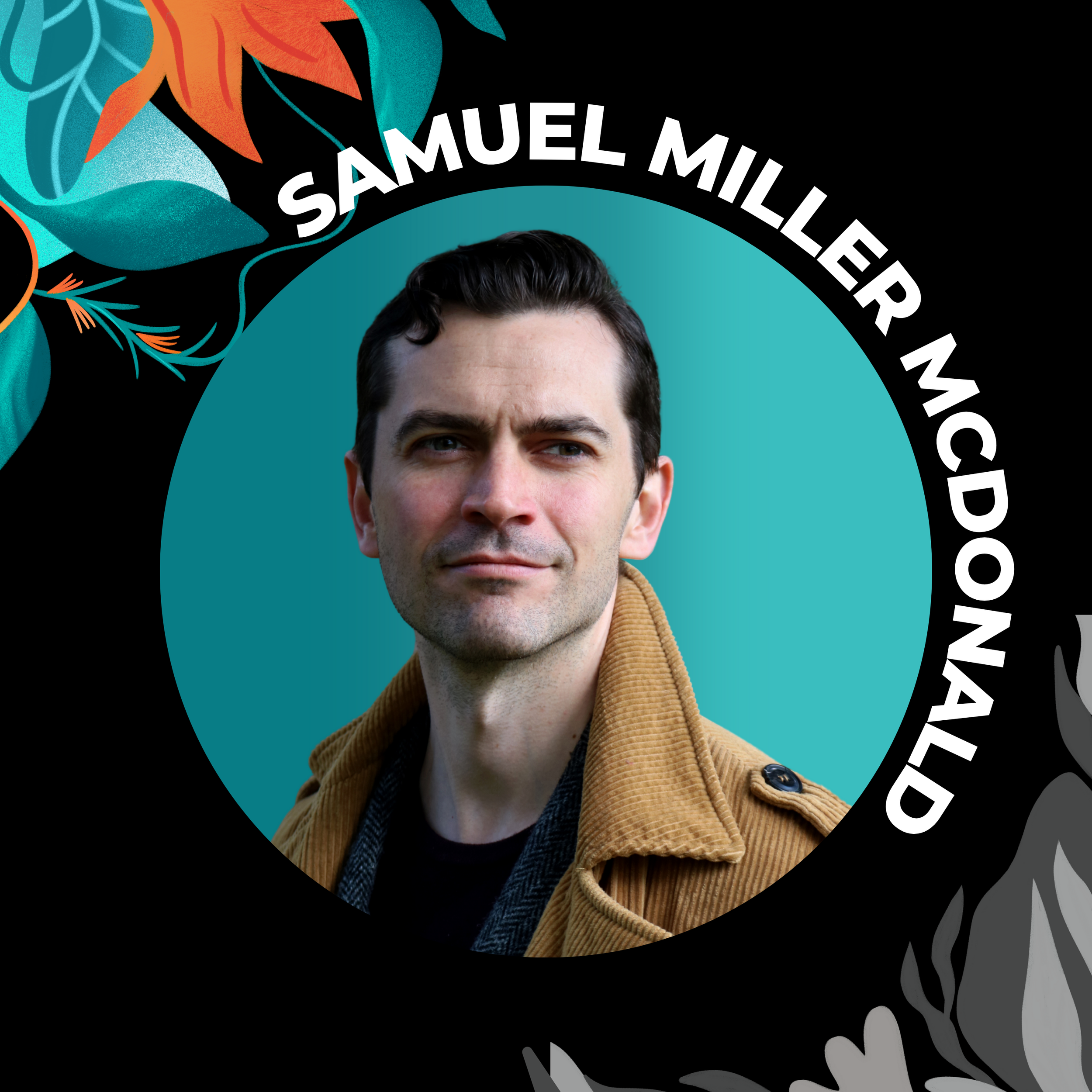
Progress: Humanity’s Worst Idea
For 5,000 years civilizations have told themselves stories of progress. Today, the progress myth has become humanity's most dangerous illusion. Samuel Miller McDonald, geographer and author of Progress: A History of Humanity’s Worst Idea, illuminates the destructive lineage of progress, why these myths endure, how they enable socially and ecologically parasitic societies, and what values might guide us beyond them.

Complexity and Collapse
Modern techno-industrial civilization is running up against the law of diminishing returns - and societal collapse is inevitable. B, author of The Honest Sorcerer blog, reveals why our civilizational complexity carries the seeds of its own destruction.

The Elite’s Fixation with Low Birth Rates
From center-left Ezra Klein to right-wing Matt Walsh, the fertility panic is an elite fixation that is rooted in a human supremacist worldview and a deep fear of slowing growth. Samuel Miller McDonald, geographer and author of the book Progress: A History of Humanity's Worst Idea, joins us.

The Fertility Industry’s Dirty Secrets
In vitro fertilization (IVF) is often seen as a triumph of reproductive freedom, but its origins are deeply entangled with patriarchy, pronatalism, and eugenics. Pamela Mahoney Tsigdinos, IVF survivor and author of Silent Sorority and Finally Heard, joins us.

The Omnivore’s Deception
The meat industry and its defenders promise ethical consumption and sustainable farming, but animal agriculture fuels ecological destruction, entrenches human supremacy, and masks cruelty with comforting myths. John Sanbonmatsu, philosopher and author of The Omnivore’s Deception, joins us.
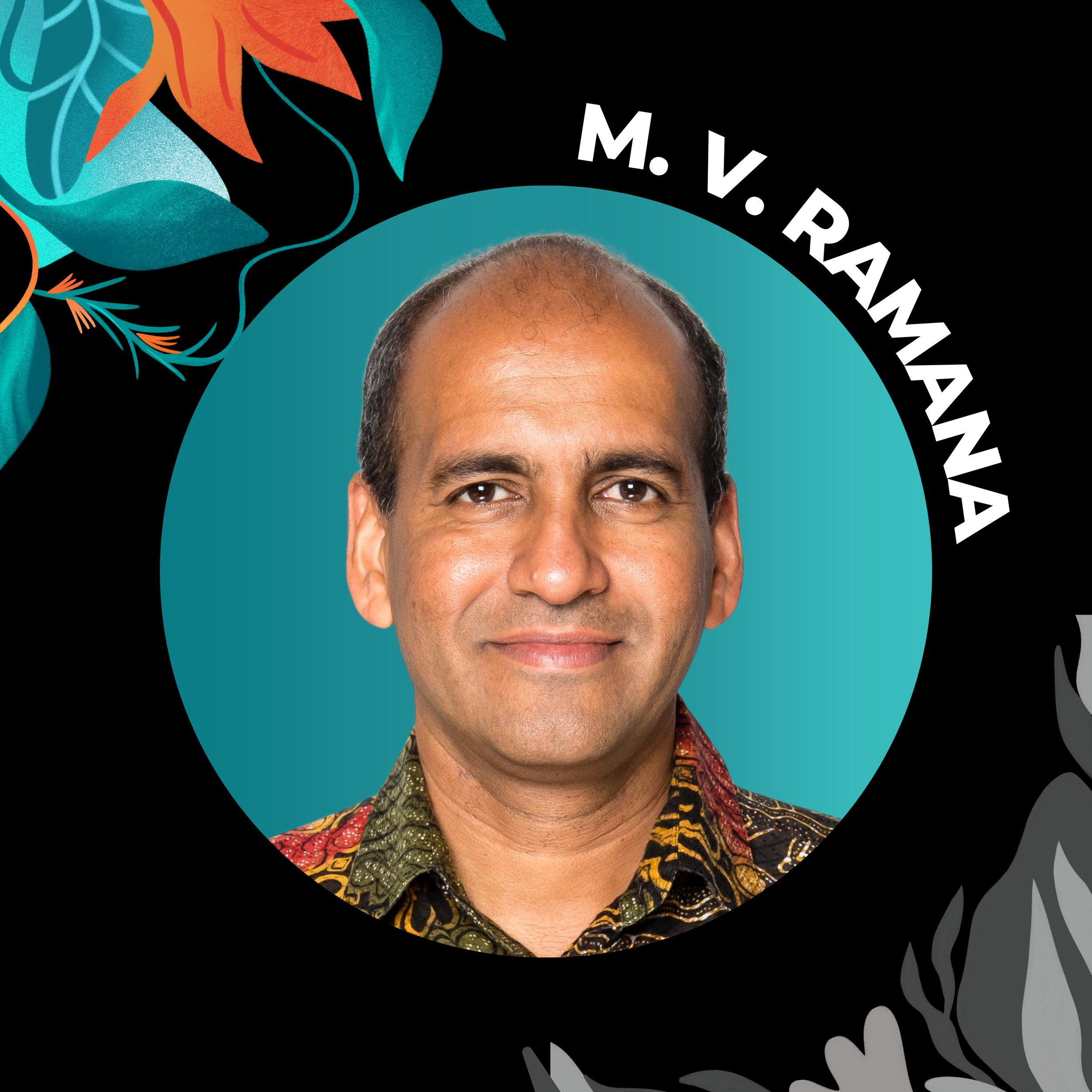
Pro-Nuclear Propaganda and Our Future
The nuclear industry and its boosters promise clean, abundant energy, but nuclear power delivers expensive electricity while posing catastrophic radiation risks and a constant threat of nuclear war. M. V. Ramana, author of Nuclear is Not the Solution, joins us.

Escape from Overshoot
The world is colliding with the ecological limits of growth - and mainstream economics is still looking the other way. Peter Victor, ecological economist and author of Escape from Overshoot, discusses the forces that deepen overshoot and what we might do to create a post-growth future.
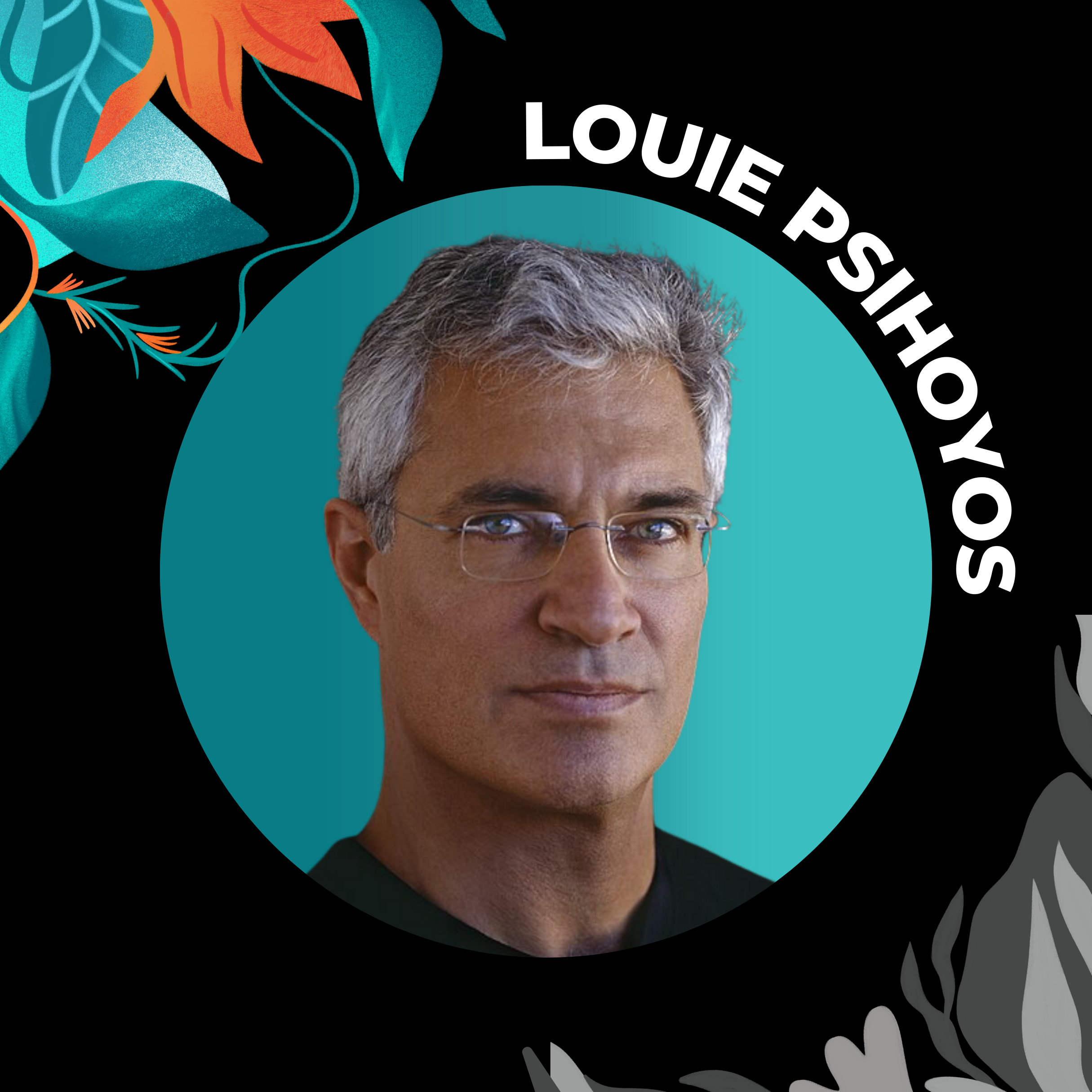
Oscar Winner Fighting for Animals
Academy Award-winning vegan filmmaker and former National Geographic photographer Louie Psihoyos joins us to share how he is using the power of storytelling to spark transformation for animal rights, human health, and environmental conservation.

Hospicing Modernity
Modernity is dying within and around us, and we need to face that death with courage and compassion. Vanessa de Oliveira Andreotti, Brazilian educator, Indigenous and land rights activist, and author of Hospicing Modernity, joins us.

“Hopium” and the Long Defeat
The rhetoric of “hopium” is failing as ecological overshoot deepens. We're living in the long defeat and we must own and confront it with courage. Award-winning essayist, Pamela Swanigan, joins us.
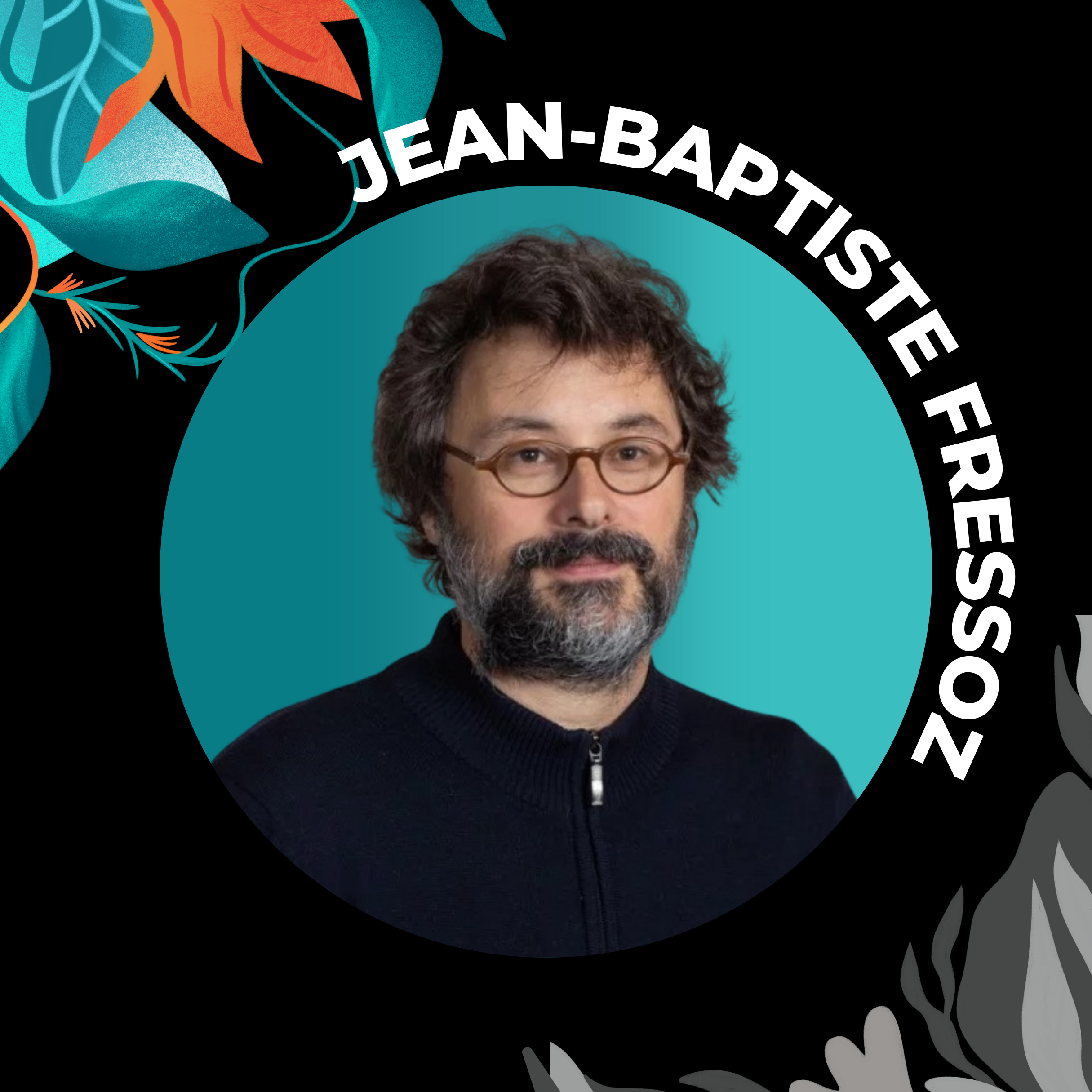
The “Energy Transition” Delusion
There is no energy transition - only ongoing and symbiotic energy addition. Historian Jean-Baptiste Fressoz, author of More and More and More: An All-Consuming History of Energy, joins us.

Global Conflict, Misogyny, and Resistance
Patriarchy and misogyny fuel global conflicts that further increase the oppression of women and girls. But the resistance of women and girls remains steadfast. Sally Armstrong, journalist, author, and human rights activist, joins us.

The Sexual Politics of Meat
Our patriarchal culture animalizes women and sexualizes animals, and without compulsory pregnancy among human and nonhuman females, both patriarchy and animal agriculture would fail. Carol Adams, author of The Sexual Politics of Meat: A Feminist-Vegan Critical Theory, joins us.






